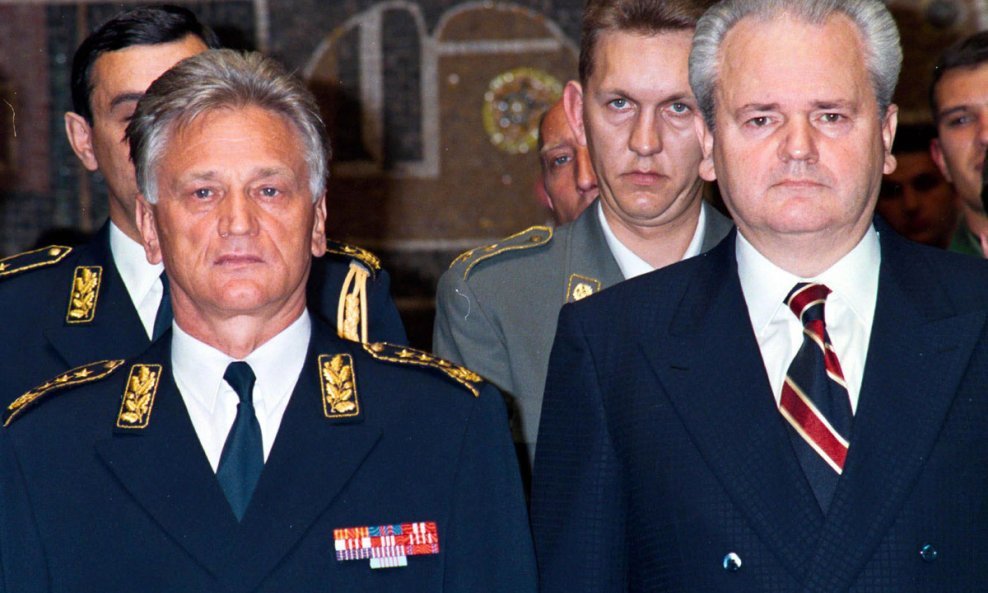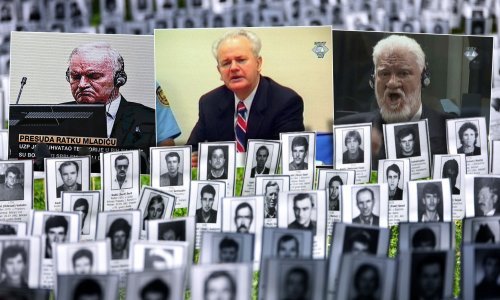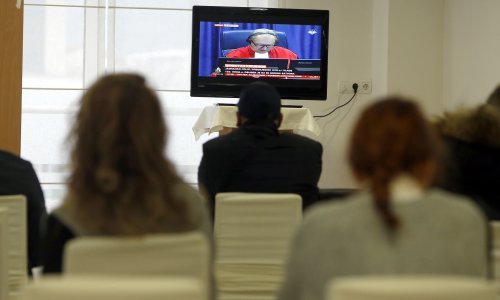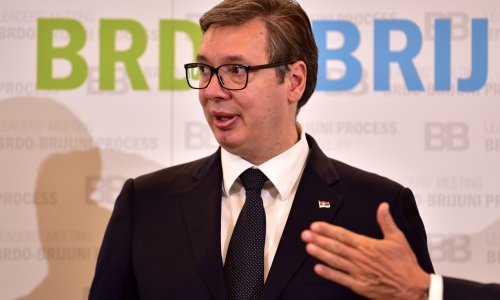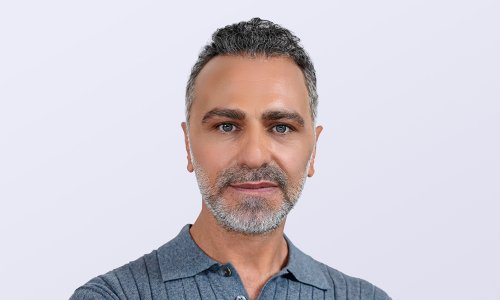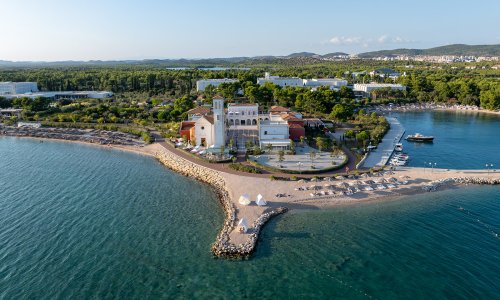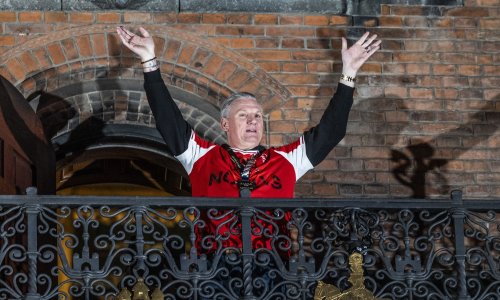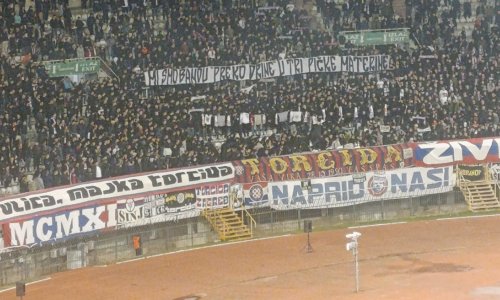Prosecutors at the International Criminal Tribunal for the former Yugoslavia (ICTY) in The Hague on Tuesday requested life imprisonment for the former Chief of the General Staff of the Yugoslav Army, Momcilo Perisic, for his role in the Srebrenica massacre, the 1992-1995 siege of Sarajevo and a missile attack on Zagreb.
"It is our request that Your Honours convict General Perisic for all counts in the indictment and that you impose a sentence of life for the commission of those offences," prosecutor Mark Harmon said in his closing statement, reminding the trial chamber that several previous judgements handed down by the tribunal had found that serious crimes had been committed in the three cases.
The prosecution described Perisic as a person who had provided logistical and financial support for the ethnic cleansing and crimes carried out by the Bosnian Serb forces in Bosnia and Herzegovina and the Croatian Serb forces in Croatia.
He was one of the most important persons in the Federal Republic of Yugoslavia (FRY) who carried out the state policy of supporting the Bosnian and Croatian Serb forces although they were aware of their intentions towards the non-Serbs in Bosnia and Herzegovina and in Croatia, the prosecution said.
Crimes against the non-Serbs in Srebrenica, Sarajevo and Zagreb were a predictable consequence of a violent state policy that left hundreds of thousands of innocent civilians as collateral victims, Harmon said, recalling that the architect of that policy was the late Serbian President Slobodan Milosevic and that it was carried out by the FRY Supreme Defence Council.
The Yugoslav Army, acting on approval from the Supreme Defence Council requested by Perisic himself, armed the Bosnian and Croatian Serbs and participated in the ethnic cleansing of the non-Serbs, Harmon said.
The prosecutors considered the Yugoslav Army and the Bosnian and Croatian Serb forces to be one armed force over which General Perisic had had effective control.
Perisic was charged with 13 counts of aiding and abetting crimes against civilians in Bosnia and Herzegovina and in Croatia, of which four counts referred to a Serb missile attack on Zagreb. He was also charged with omissions to punish the perpetrators.
The indictment says that Perisic aided and abetted the Bosnian Serb forces that committed a massacre of thousands of Bosnian Muslim men at Srebrenica in July 1995, that he aided and abetted a two-year campaign of shelling and sniping against the civilian population of Sarajevo as a result of which thousands of civilians were killed or wounded, and that he aided and abetted the shelling of Zagreb by a multiple-barrel rocket launcher on May 2 and 3, 1995 in which at least seven civilians were killed and at least 194 were wounded.
The trial opened in October 2008. Perisic voluntarily turned himself in in 2005 and was granted a provisional release pending the start of the trial.



